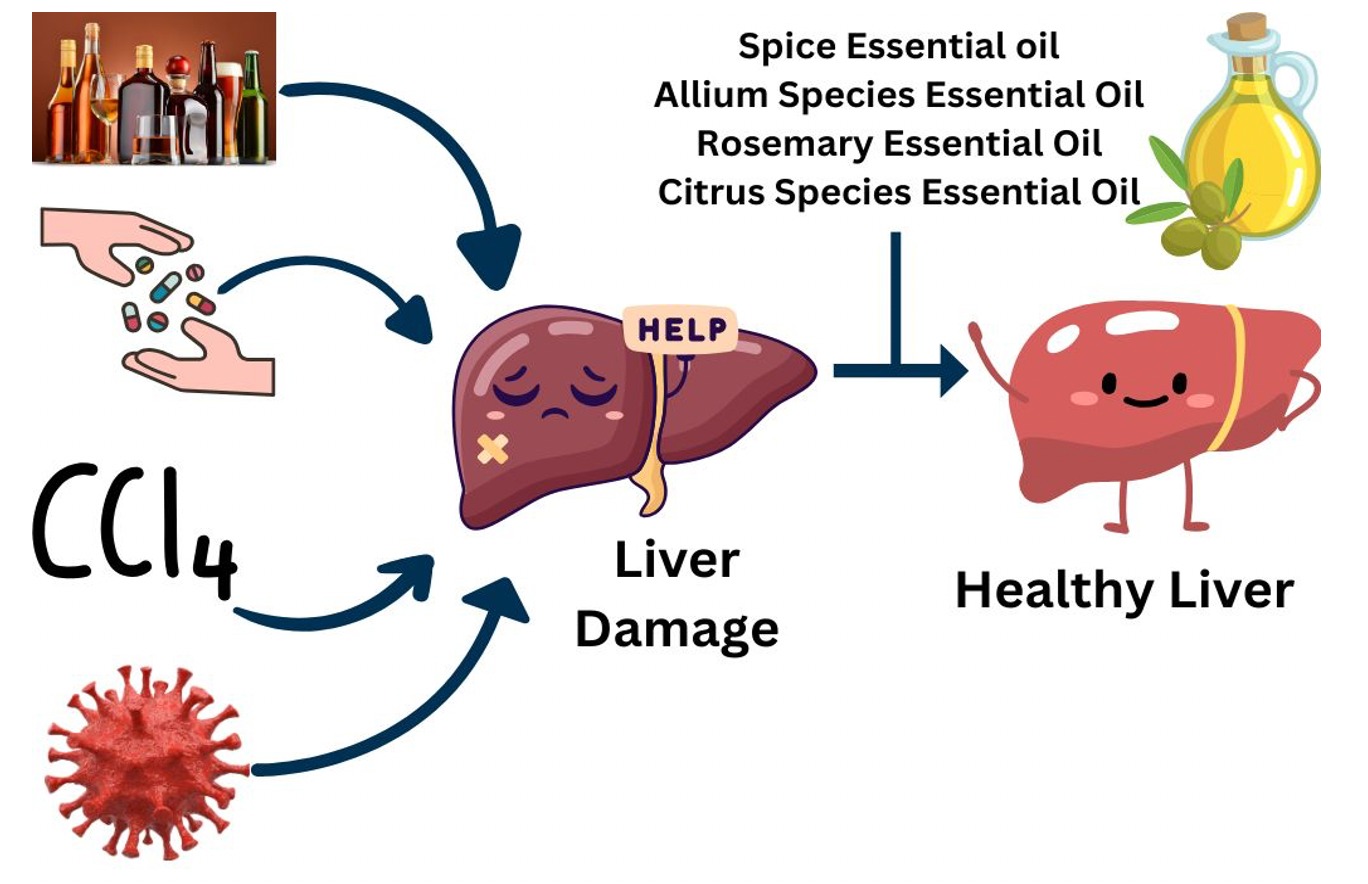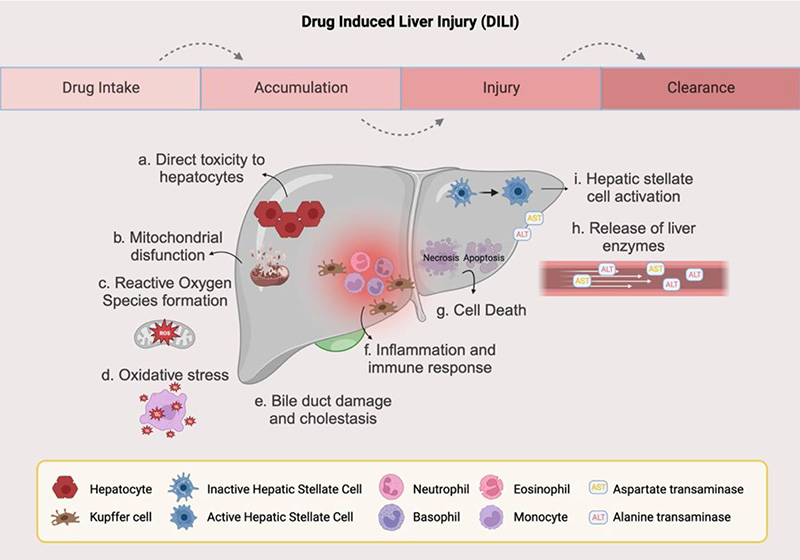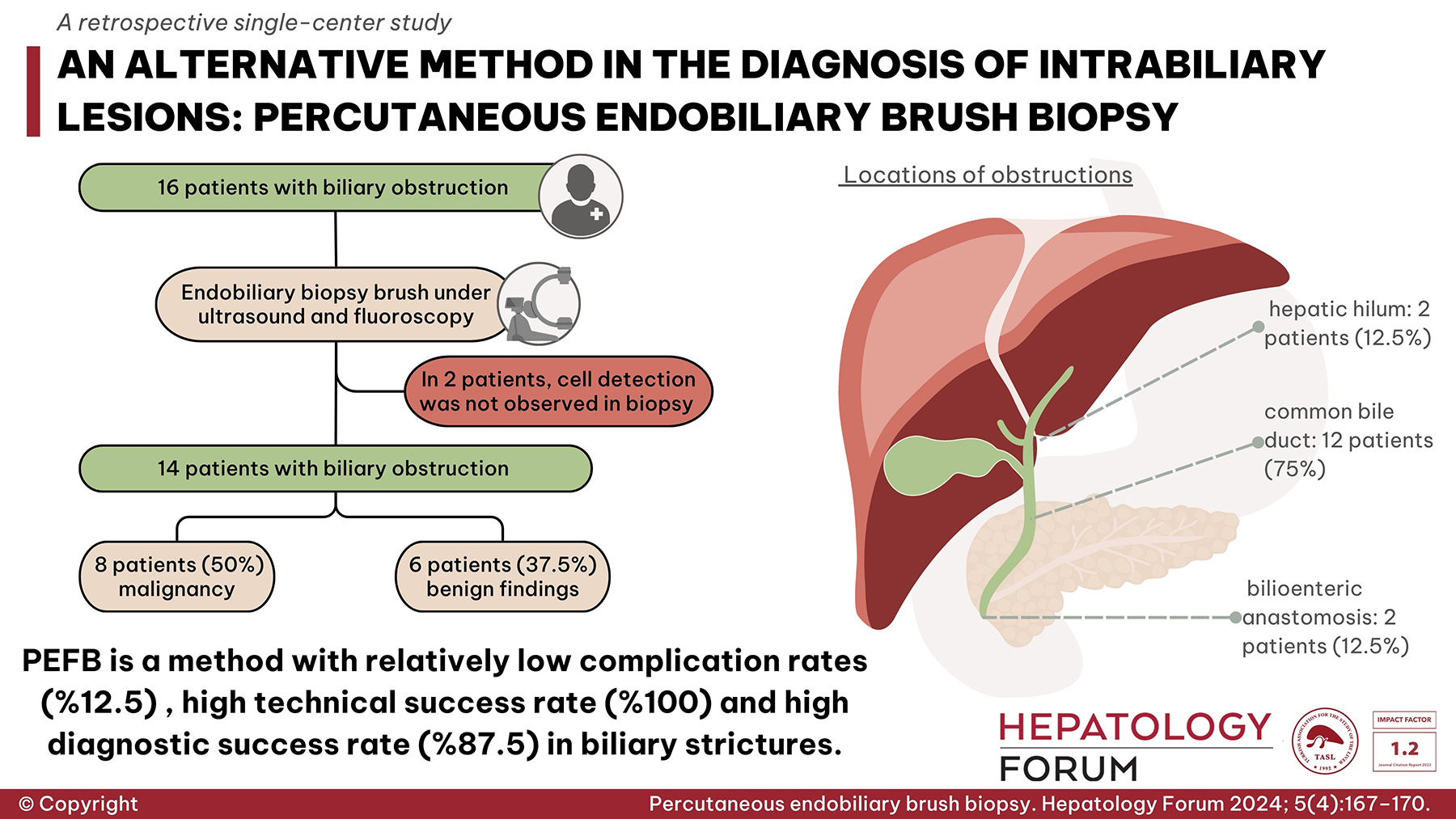2Institute of Pathology, Ruhr University Bochum, Bochum, Germany
Abstract
We report the case of an 18-year-old female with cholestatic hepatopathy of unknown origin, presenting with therapy-resistant jaundice and pruritus following oral contraceptive use and gastrointestinal infections. In another hospital, drug-induced autoimmune hepatitis (DILI-AIH) was suspected, and corticosteroid therapy was initiated but remained unresponsive. Initiation of colestyramine led to a worsening of symptoms and increasing liver transaminases. After referral to our centre, a mini-laparoscopic liver biopsy was performed, and histopathology revealed cholestatic DILI and mild fibrosis, with no signs of AIH. After a repeated, precise history from the mother, hereditary fructose intolerance (HFI) was highly suggestive, and genetic testing confirmed a homozygous mutation in the aldolase B gene (A149P). Additionally, no pathogenic mutations in genes encoding bile acid and phospholipid transporters were detected. The treatment was adjusted to sugar-free colestyramine, leading to complete resolution of symptoms. In the management of HFI, not only dietary ingredients but also the supplements and medications may contain fructose excipients that could exacerbate and aggravate liver injuries.





 Eda Kaya1
Eda Kaya1 









